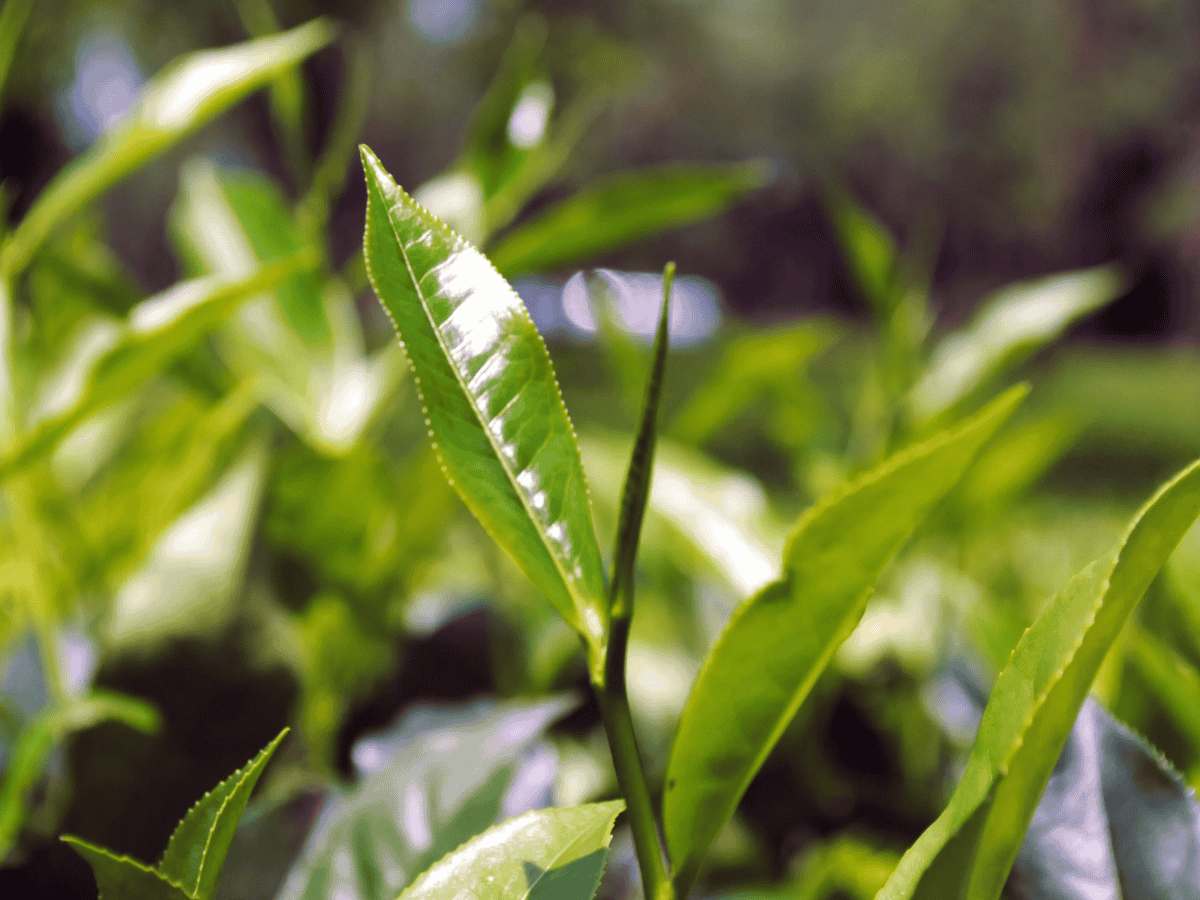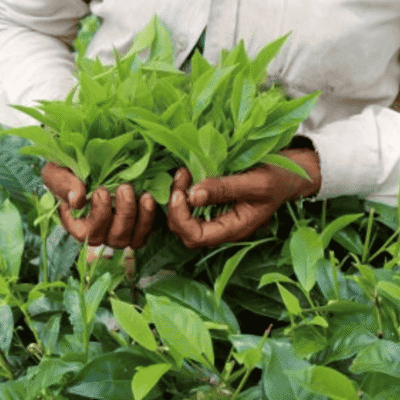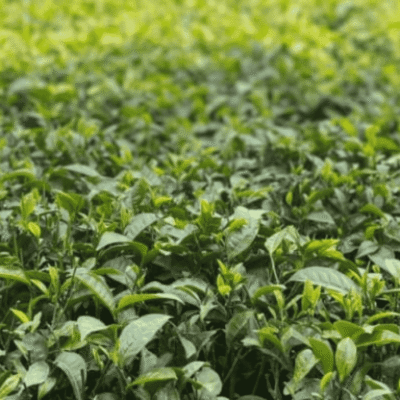KENYA – The Kenyan government has formed a special 15-member task force to address the critical issue of unsold tea stock at the Mombasa auction, marking an intervention in a sector that significantly contributes to the nation’s economy.
The announcement, made through a Gazette Notice by Agriculture Cabinet Secretary Andrew Karanja, outlines a 60-day mandate for the team to investigate the causes and impacts of unsold tea and propose actionable solutions.
Chaired by Nicholas Munyi Kagua, the task force is set to assess multiple facets of the tea industry, including pricing policies, warehousing conditions, and regulatory practices, while evaluating the performance of Kenya Tea Development Agency (KTDA) factories.
The task force will be supported by a six-member secretariat, led by Seth Masese, based at Kilimo House in Nairobi.
Mounting surplus and market impact
Kenya, the world’s second-largest producer of black tea, is grappling with an estimated 100 million kilograms of unsold tea, valued at Ksh32 billion (US$247.1M). This figure far exceeds the global minimum stock requirement of 40 million kilograms.
The surplus has been attributed to market mismanagement, quality concerns, and the influence of cartels, leading to decreased market value for Kenyan tea.
In 2021, the government introduced a minimum reserve price of US$2.4 (Ksh310.79) per kilogram to safeguard farmers’ earnings. However, the reserve price was suspended in August 2023 to stimulate demand.
The move allowed buyers to purchase tea at prices below the US$2 threshold, significantly impacting Kenya’s market standing compared to regional competitors like Rwanda, whose tea fetches US$4.02 per kilogram.
Scope of the Task Force
The task force has been tasked with investigating the effects of the minimum reserve price on tea accumulation, delayed payments to farmers, and storage conditions and the shelf life of unsold tea.
They will also look into price disparities between the East and West Rift region and the influence of private factories and the increasing number of tea blenders.
The team will further examine regulatory inefficiencies and unfair trade practices along the supply chain, proposing necessary policy reforms and legal frameworks.
Stakeholder consultations through meetings and public forums are planned, ensuring inclusive input from across the sector.
The final report, due 14 days after the completion of the 60-day period, is expected to include actionable recommendations to address the current crisis and prevent future occurrences.
Political support for reform
Deputy President Kithure Kindiki, speaking at the recent Kenya Tea Summit in Mombasa, emphasized the government’s commitment to reforming the sector.
He pledged support for over 800,000 tea farmers through strategic interventions, including subsidized fertilizers and improved administrative policies.
“Kenya produces 600 million kilograms of tea annually, and we are committed to enhancing this production while ensuring that farmers receive value for their labor,” said Kindiki, highlighting the need for sustainable practices and equitable earnings.






